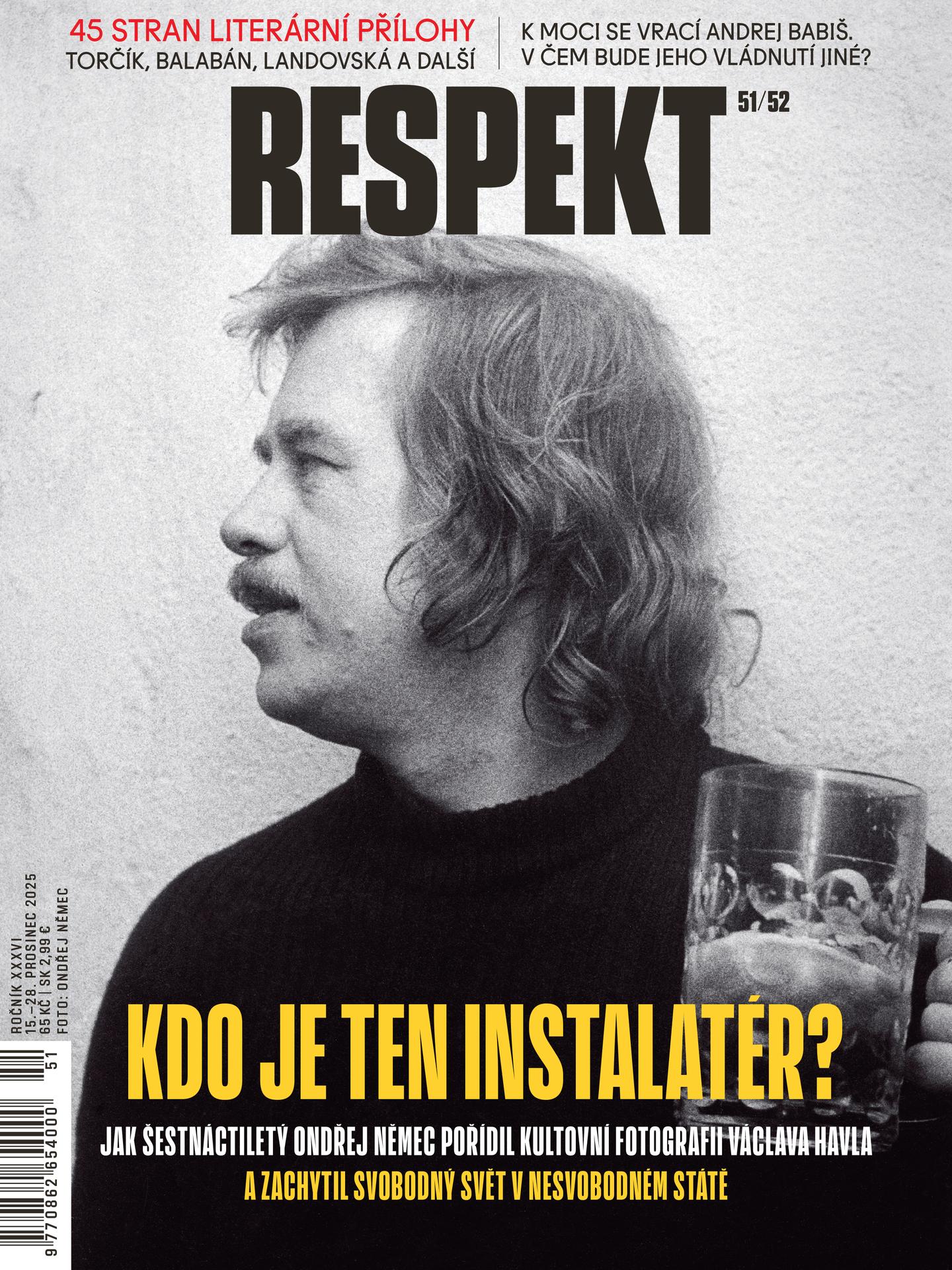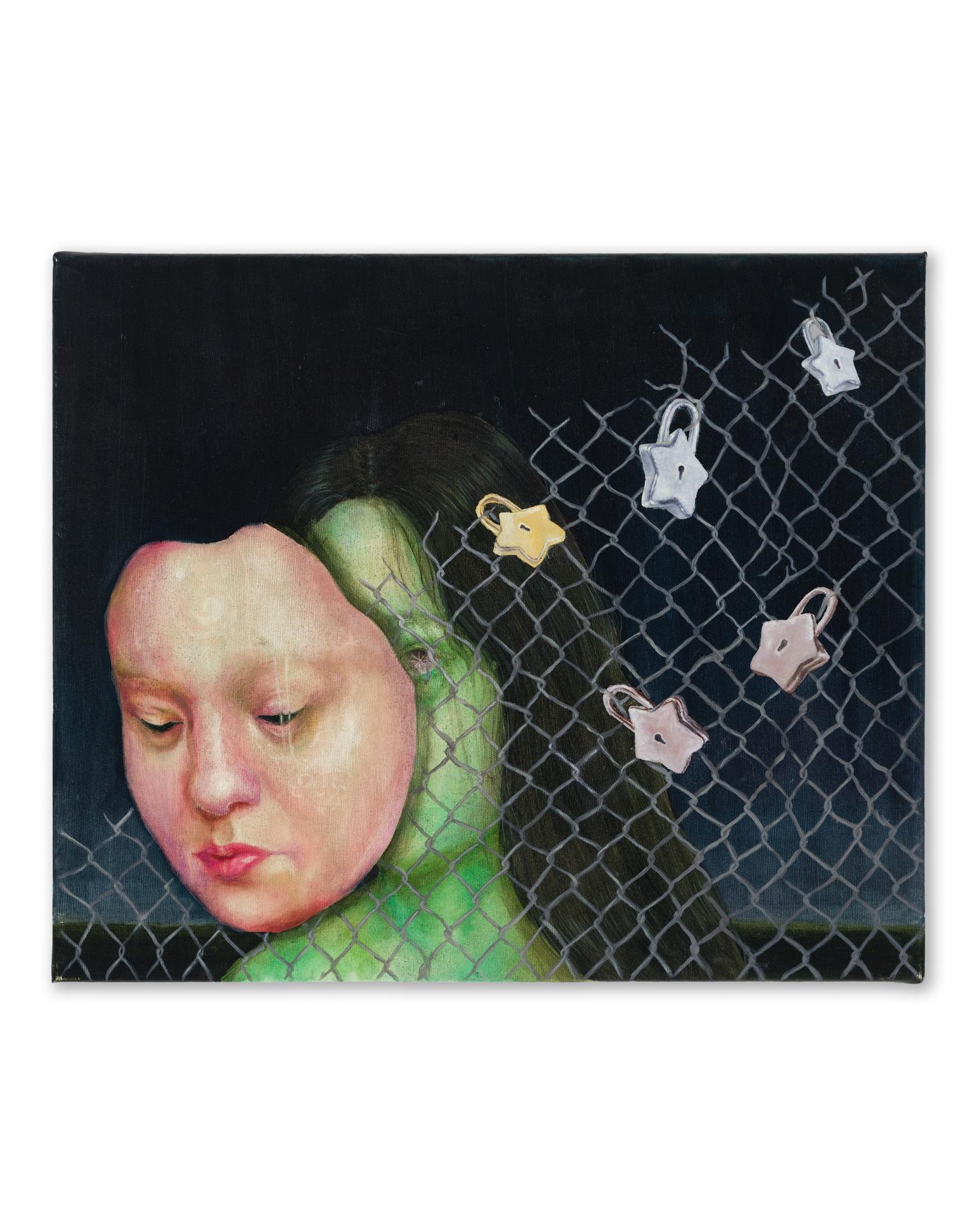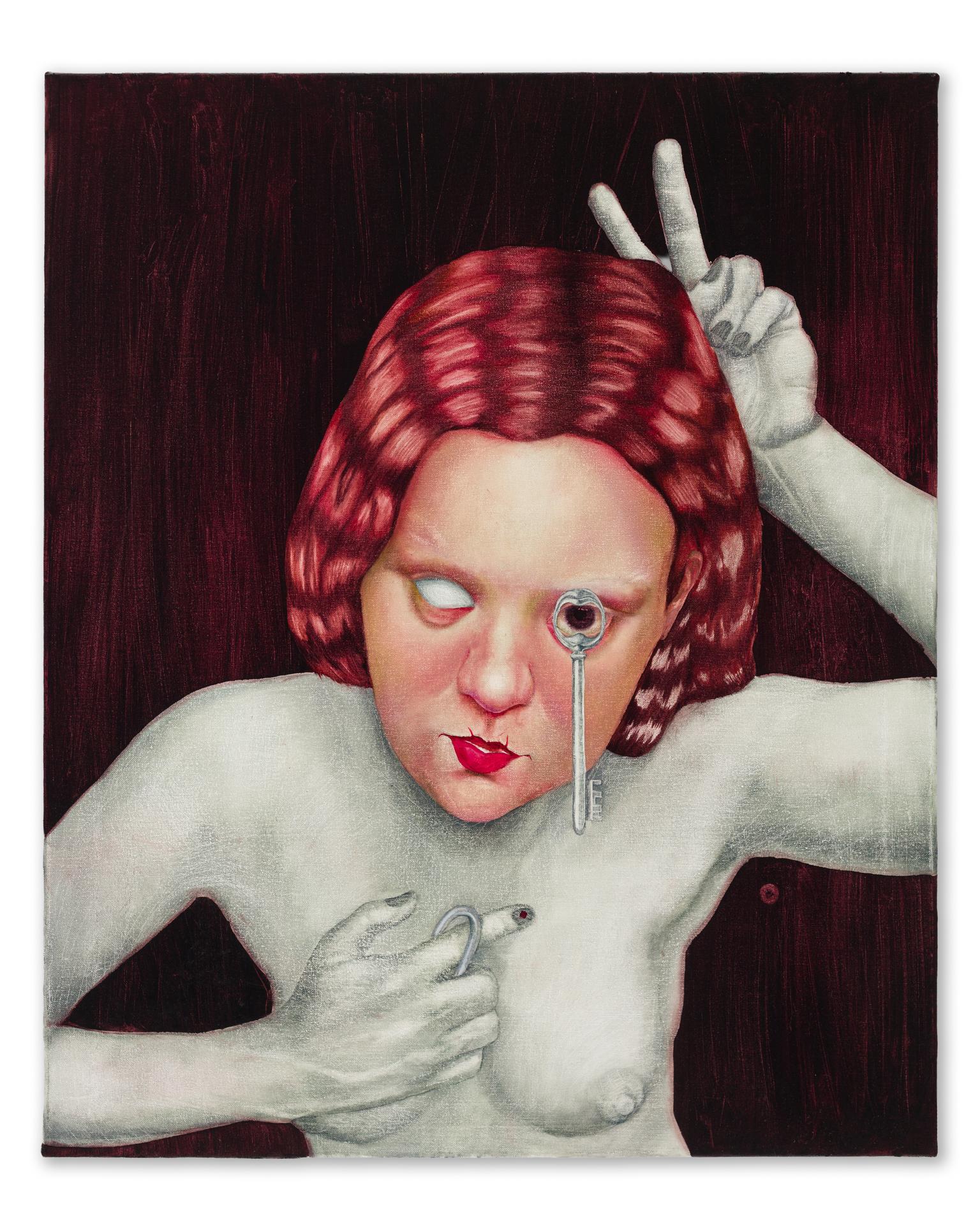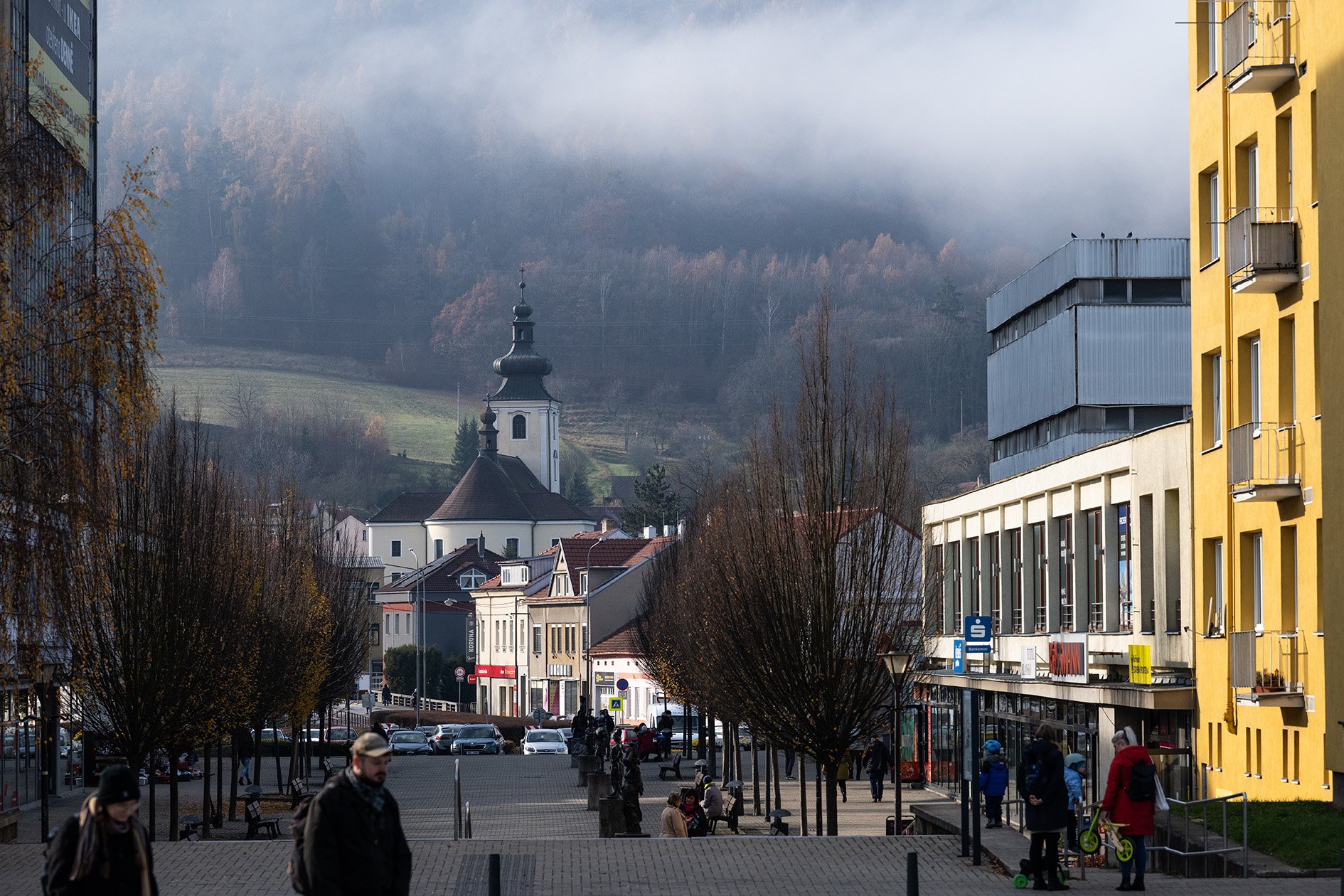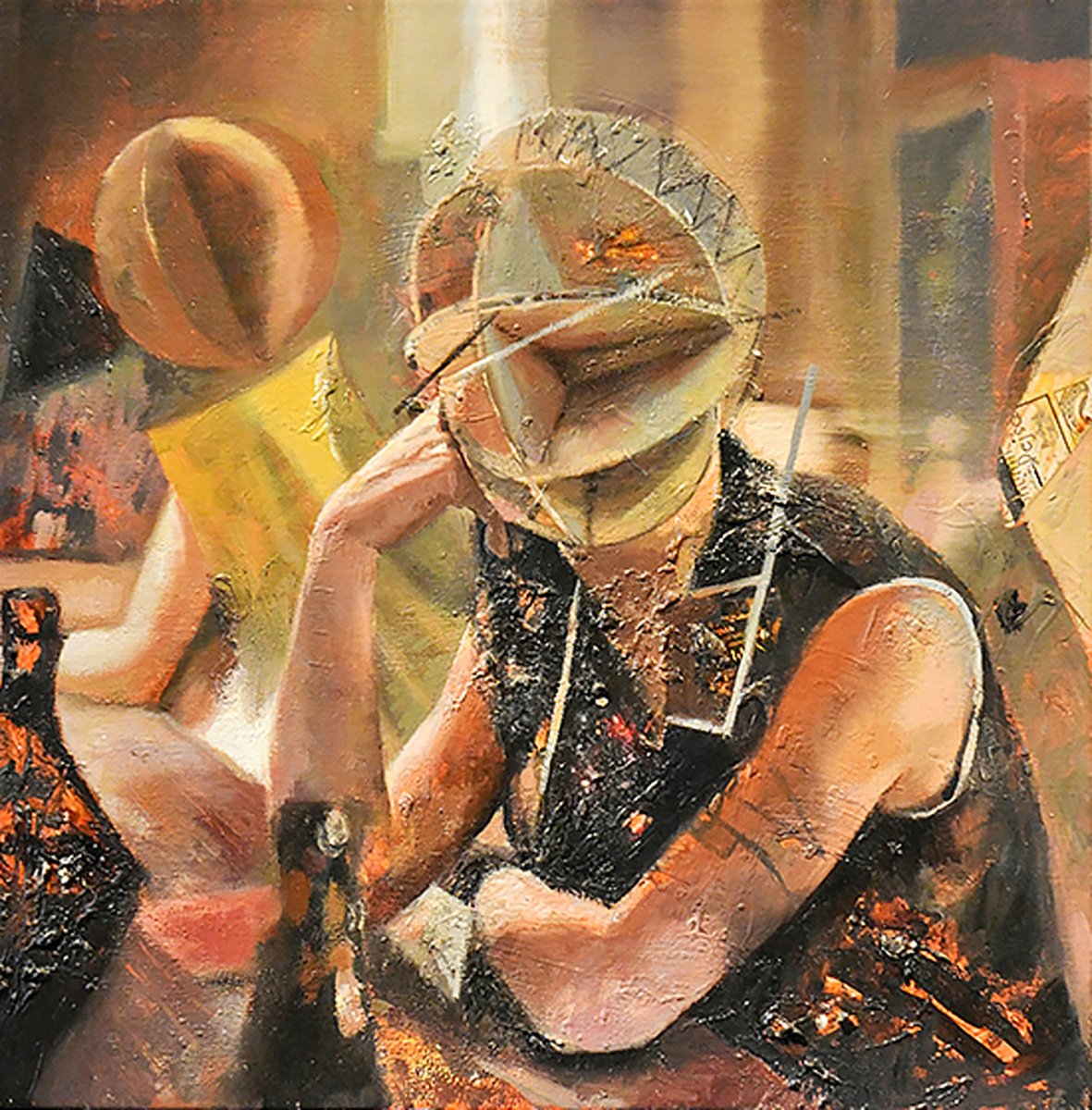Ban the Communists? Are you out of your mind?
They were supposed to die out quietly, but instead, they are still here, liked and energized once again. Louder and louder, they are reclaiming their murderous past with an added warning: Those who don't like it will pay a heavy price sooner or later.

They were supposed to die out quietly, but instead, they are still here, liked and energized once again. Louder and louder, they are reclaiming their murderous past with an added warning: Those who don't like it will pay a heavy price sooner or later. And, as if the Communists were again a power that is unstoppable, able even to break the law with no punishment to follow, the forces of the law are watching their threats in silence, showing no reaction.
Shall we laugh no more?


„The birth of a just order“ is how they describe the 1948 putsch that spawned terror, executions, and concentration camps. A mass murderer, who on Moscow's directives orchestrated all this from the Prague castle, is revered by them as a pre-eminent figure of history. Lenin's revolution in Russia, beginnings of the gulags and every totalitarian horror, are declared by them as „inspiration, equally valid today, to round up defenders of the capitalist order.“
These are just a few examples of public pronouncements by leaders of the present-day Communist Party of Czechia and Moravia (CPCM). While every gathering of right-wing extremists is in the crosshairs of the police, and adolescents get arrested for wearing Nazi insignia on their jackets, public promotion of hatred and violence in the name of the competing red ideology is being overlooked. „I'm at a loss to understand why not one of the responsible state organs is pressing charges,“ says lawyer Tomas Sokol shaking his head. As prosecutor for the city of Prague in 1990, Sokol made an early attempt to ban the Communists.
At the Police Presidium, about one hundred and thirty people keep an eye on the extremist movements. Ivo Spican of the Criminal Section is one of those whose job it is to monitor threats from the left. At first, however, he does not seem to understand the questions about CPCM. „You mean, do we talk about the Communists in the parliament?“ Spican asks. „Well, no, CPCM is not an object of interest for us.“ His people don't go to CPCM meetings, he says, and that's how they missed a recent proclamation by the head of a local Communist youth group: „I want to remind all those who laugh at us today, of my great namesake's words: You will laugh no more,“ said Josef Gottwald two weeks ago, at an annual gathering at Klement Gottwald's gravesite where the Bolsheviks, entirely undisturbed, clamor for a return to pre-1989 days.
Does it mean then, that CPCM members and leadership are exempt from the duty to uphold the law, in particular the statute that makes it an offence to promote movements aiming to suppress rights and freedoms? „And how do you propose I should prosecute them?“ says policeman Spican. „My life experience tells me that I would never stop. Then again, where would it all lead? In this place, there was a communist in every family, and do you really want to go after people because they were members of the People's Militia?“
But the past is not at issue here. The question is: Why don't the police investigate evenhandedly both the neo-Nazis, and those who cheer for the red variety of totalitarianism and strive to bring it back? „It's not the same. The Nazi regime has been condemned as criminal. I'm not sure that's the case with Communism,“ says Spican, whose primary interest are the militant Czech anarchists. However, it is not only in the eyes of the police that the Communists are considered a „regular“ political party, owing to their presence in parliament. Government officials are also avoiding the subject of prosecuting the Communists for their illegal speeches. „We must weigh the degree of danger to society in their pronouncements, against the risks of jeopardizing, by criminalizing their statements, their right to free expression, as guaranteed by the constitution“, says Martin Omelka, government spokesman for the city of Prague, in proper official jargon. What then, makes a teenage skinhead more dangerous to society than does a celebration of dictatorship from the mouths of party representatives in the parliament? „I won't comment on that,“ says Omelka. One week after receiving the question, top level government deputy Marie Benesova was also unable to answer, due to her busy schedule, why it is not possible to prosecute persons who publicly promote hatred and the abolition of liberty.
Just carry on, you fools
The argument that you can't ban a political party that has the support of twenty percent of voters is often heard in this country, as part of debate on the subject of imposing a ban on the Communists. However, Belgium is a recent example demonstrating that it can be done. Belgium's Vlaams Blok party, from its inception in the eighties aggressively opposed to refugees, had the support of more than a quarter of the electorate. „We shall send all immigrants home“ was a favorite among their slogans. The Supreme Court, nevertheless, outlawed the party as racist this past November. The ruling resulted in the Vlaams Blok being deprived of its support from the public purse, and access to the media. And, should the party reconstitute itself into a new political entity from its present form, a move expected to take place soon, its public voice will be much more cautious, and harassment of immigrants will become less menacing, emphasize commentators.
There is a fundamental difference between the Czech, and the Belgian circumstances. Vlaams Blok has been ignored by Belgium's other political parties. Xenophobia and the spreading of hatred are seen as uncivilized by Belgian democratic parties, and a party promoting them, as deserving to be ignored, according to Petr Drulak, Director, Institute for International Relations. Vaclav Havel's silent treatment has failed in Czechia, as we know, and the Communists have become a respectable „political force“ ever since they cooperated in electing the current president of the Czech Republic, Vaclav Klaus. Is it at all possible, therefore, to utilize the Belgian experience and outlaw a party that wants to return to a dictatorship? „Yes“, according to lawyer Tomas Sokol. „And they couldn't even appeal to the European Court of Justice, as their dissolution would not be the result of acts committed by their pre-1989 predecessors in whose foot steps they follow, but rather, because they glorify these acts today“.
The situation with the Communists is „complicated,“ according to Jaroslav Bures, Minister of Justice. „What can you do, when every fool is voting for them,“ says Bures. „Furthermore, in considering a ban, I'm not certain the evidence that they act contrary to the constitution would survive a court challenge,“ adds the Minister. Explains Radka Kovarova, spokesperson in the Ministry of Internal Affairs: „A ban on CPCM is not under consideration. To submit to the government such a proposal would require proof of unlawful activities by this party, and a proof of this kind is not in our hands at the present time.“
Translated by Michal Mrozek
Pokud jste v článku našli chybu, napište nám prosím na [email protected].

